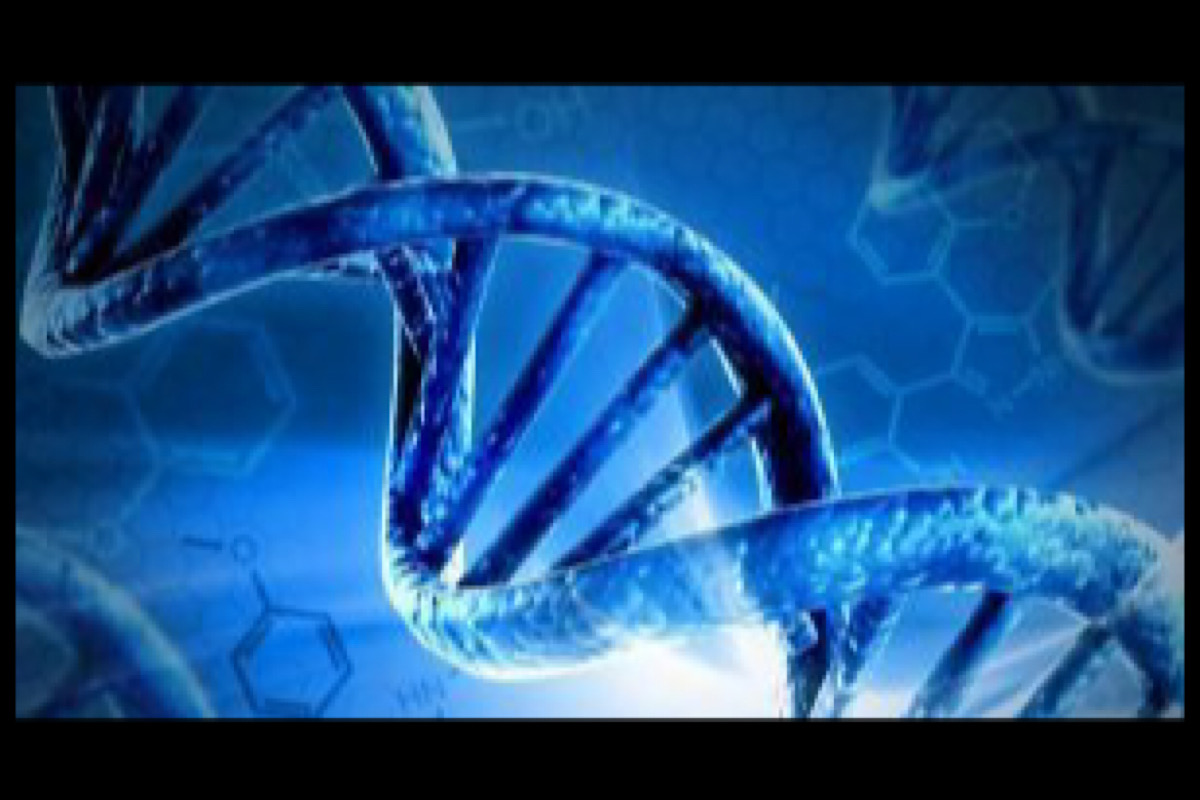In the realm of genetics and identity, a significant shift is occurring in the United Kingdom, one that raises both cheer and contemplative sighs. Beginning 1 October, an 18-year-old law will start granting donorconceived individuals the right to uncover the identity of their donors ~ a monumental step forward in the realm of reproductive rights and personal discovery. However, this transformation also unveils a complex emotional landscape that demands acknowledgment and respect for the diverse perspectives involved.
For years, donor-conceived individuals in the UK have embarked on a journey of self-discovery, often peppered with curiosity about their genetic heritage. Now, those conceived from sperm, egg, or embryos donated after 1 April 2005, will begin turning 18 and gain the right to access their donors’ identities. This newfound power allows them to access “identifiable information” about their donors, including their name, last-known address, date and place of birth. It’s a breakthrough that recognises their right to know their biological roots. For some, this change is a long-awaited opportunity. Armed with basic details about their donor’s physical traits and interests, they are eager to complete the puzzle of their origins.
Advertisement
Their story highlights the importance of this new law in granting individuals a sense of wholeness and a deeper understanding of themselves. Yet, as with any profound transformation, there are conflicting voices. Some donors, who generously contributed eggs or sperm, never sought a familial connection. For them, the prospect of donor-conceived individuals having access to their identity doesn’t resonate with their intentions. While they are open to providing medical assistance if needed, they consider themselves more as biological contributors than potential parents. It’s a reminder that perspectives on identity and kinship vary greatly among those involved.
The significance of this change in the law cannot be overstated as it represents a powerful stride towards transparency and empowerment for donor-conceived individuals, granting them the autonomy to unearth their genetic roots. But it is important to acknowledge the emotional complexities entwined within this issue for there is a bittersweet element to this development. Individuals born before 2005, who will not benefit from this change, are left with only one avenue to potentially find their donors ~ home DNA testing kits. Their search relies on the hope that donors have also taken this path, making the quest for identity a challenging and uncertain endeavour.
Nevertheless, this transformation signifies a monumental shift in how society perceives the rights of donor-conceived individuals. It highlights the evolving ethical landscape of reproductive technology, one that recognises the importance of identity and genetic connections. As the UK celebrates the newfound empowerment of individuals who will begin their journey this month, British society must also respect the choices of donors who have their own perspectives and concerns. It’s essential to strike this balance between the rights and desires of all stakeholders











